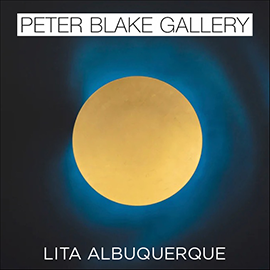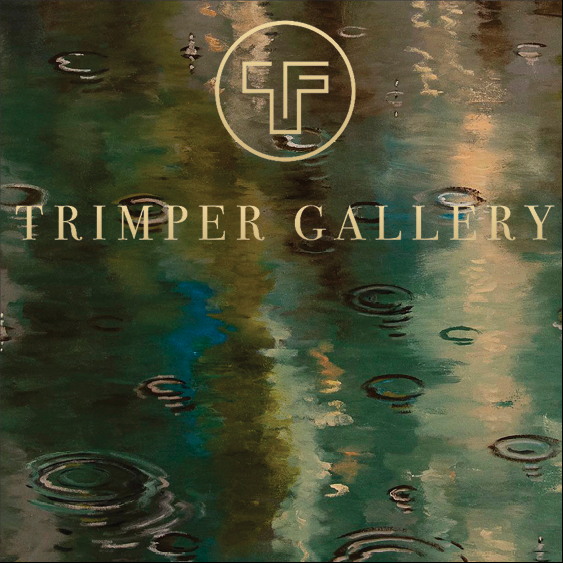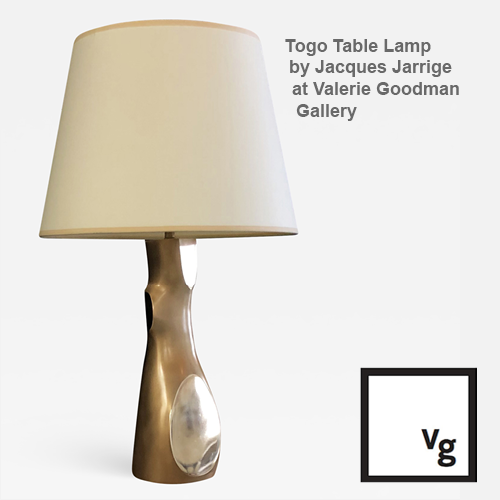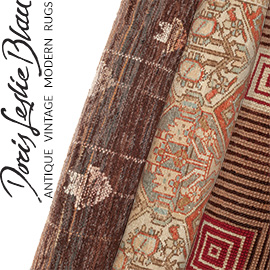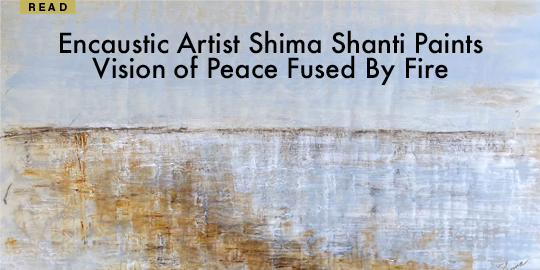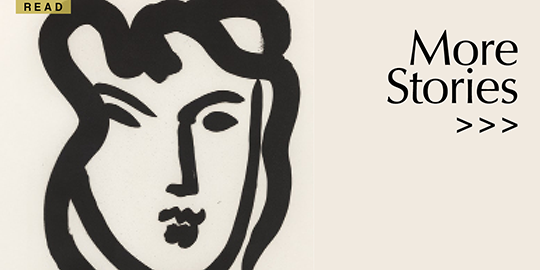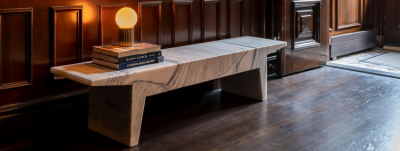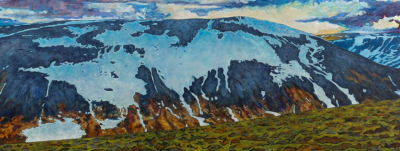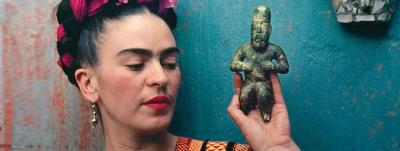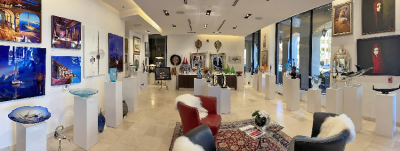New Google Platform Brings Museum Exhibitions to Smartphone Users
On Wednesday, December 10, Google announced that it has established a platform that allows museums to share their exhibitions with smartphone users. The Google Cultural Institute, which is dedicated to preserving and promoting culture online, partnered with eleven museums and institutions in Italy, France, the Netherlands, and Nigeria, to launch the pilot project. The apps are available for free on the Google Play Store.
The platform helps museums bring their exhibitions into the digital realm by assisting in the creation of smartphone-accessible mobile applications -- Google handles coding and app development and provides participating institutions with tools such as the 360 Indoor Street View and YouTube. According to an announcement on Google’s blog, “without resorting to expensive technical help, museums can now tell their stories.” App users can take virtual tours of the museums regardless of their locations, or they can use the app in the museum to enhance their experience. The app also boasts a social-sharing featuring and offline access.
The early adopters of Google’s new platform are Paris’ industrial design museum, the Museum of Arts et Métiers; Turin’s Museum of Oriental Art; GAM, a modern and contemporary art museum, also in Turin; Rome’s Palazzo Madama, a former Medici Palace that is now home to the Italian senate; the Musee Curie in Paris, a historical museum focusing on radiological research; MuMa Le Havre, a modern art museum in northwestern France; Monnaie de Paris, or the Paris Mint, which is currently hosting an exhibition by the contemporary artist Paul McCarthy; MAGA, a contemporary art museum in Gallarate in northern Italy; Rijksmuseum van Oudheden, the national archaeological museum of the Netherlands; and the Pan-Atlantic University, a non-profit educational institution in Nigeria.
The Google Cultural Institute has spearheaded numerous projects aimed at making the world’s cultural treasures more accessible to all. Past ventures have included the digitization of the Dead Sea Scrolls, which brought some of the oldest known biblical manuscripts online; the documentation of the World Wonders, which made modern and ancient world heritage sites accessible online thanks to Street View and other Google tools; and Art Project, a unique collaboration with some of the world’s leading art institutions that allows people to discover and view artworks online in extraordinary detail.

